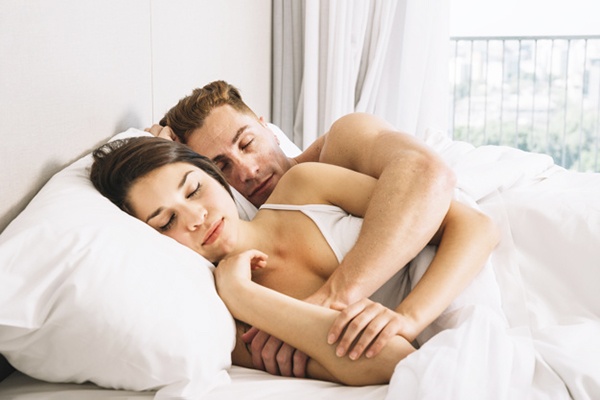Failure to enjoy 7 to 9 hours of restorative sleep per night can have acute and chronic consequences — immediately you will experience excessive daytime sleepiness, brain fog and mood swings, and later on you will have high blood pressure, heart disease, type 2 diabetes, obesity, anxiety and depression.
Clearly, the importance of getting a good night’s sleep each time cannot be stressed enough.
But what if you can’t seem to get the length and quality of shut-eye that well-rested individuals tend to enjoy every single night? Well, problem solved — below you will come across some of the habits of those who have no problem with getting a rejuvenating kind of sleep nightly.
They Go to Bed at the Same Time Every Night
In order to get a good night’s sleep every single time, it’s very important for you to kick start your trip to dreamland at the same time each night — the goal is to establish a sleep-wake cycle that’s foolproof.
Needless to say, you should also wake up at the same time every single morning — yes, even if it’s a weekend and also at times when you can’t get to bed on time. According to the experts, altering your sleep and wake times considerably on a weekend can disrupt your body clock, causing you to suffer the consequences the following workweek.
They Steer Clear of Electronics in Bed
Anything and everything with a display panel should be off limits the moment you hop into bed if you want to sleep like a baby nightly. Numerous studies have shown that the kind of light emitted by the screens of smartphones, laptops, TVs and even digital clocks can in fact disrupt your sleep-wake cycle by suppressing melatonin formation.
Other than not using electronics at bed time, it’s also a good idea for you switch off anything that emits light. If there’s a streetlamp just outside your bedroom window, install blackout blinds.
They Avoid Drinking Anything That’s Caffeinated
It’s no secret that coffee has caffeine in it which is a stimulant. It goes without saying that coffee as well as others that contain caffeine like soft drinks, black tea and energy drinks should be avoided a few hours before bedtime — only allowed are water and herbal teas known to promote a good night’s sleep such as chamomile, jasmine and lavender.
You should start steering clear of caffeinated drinks about 6 hours before you hit the hay to make sure that no trace of sleep-disrupting caffeine remains in your system by the time that you’re ready to catch some Z’s.
They Take a Nap in the Right Manner
Even those who get a good night’s sleep each time may feel drowsy from time to time during the day. That’s okay — go ahead and take a nap if it seems like you could really use one.
However, make sure to keep your nap no more than 30 minutes — anything longer will only leave you feeling groggy the rest of the day, and even keep you from dozing off when the opportunity to sleep comes. According to experts, by the way, the best time to take an afternoon nap is somewhere between 2 and 3 in the afternoon.
They Exercise on a Regular Basis
We all know that working out on most days of the week is perfect for keeping those excess pounds at bay. Did you know that exercising is also superb for beating insomnia? Based on numerous studies, those who engage in mild to moderate exercise on a regular basis tend to enjoy a restorative kind of sleep every night.
Even though some experts say that working out later in the day won’t really sabotage your sleep-wake cycle, don’t risk it — it’s a good idea for you to put on your exercise shoes early in the day.












